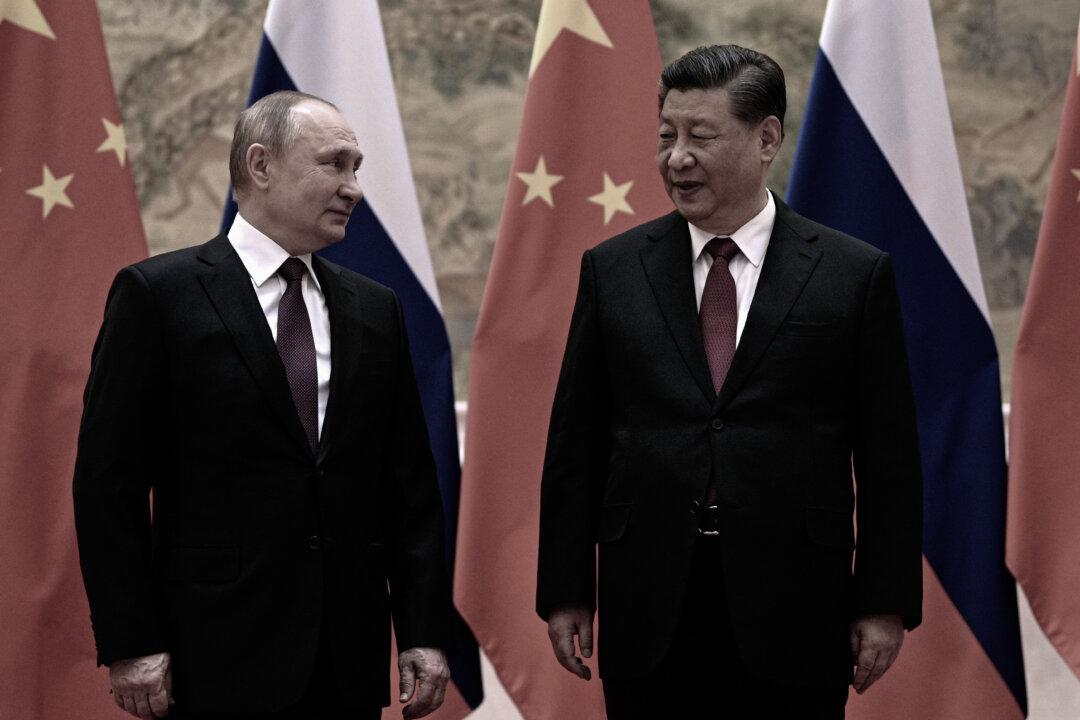Commentary
Contrary to the popular narrative coming from Moscow, neither the United States nor NATO are at fault for the Russian invasion of Ukraine.

Contrary to the popular narrative coming from Moscow, neither the United States nor NATO are at fault for the Russian invasion of Ukraine.